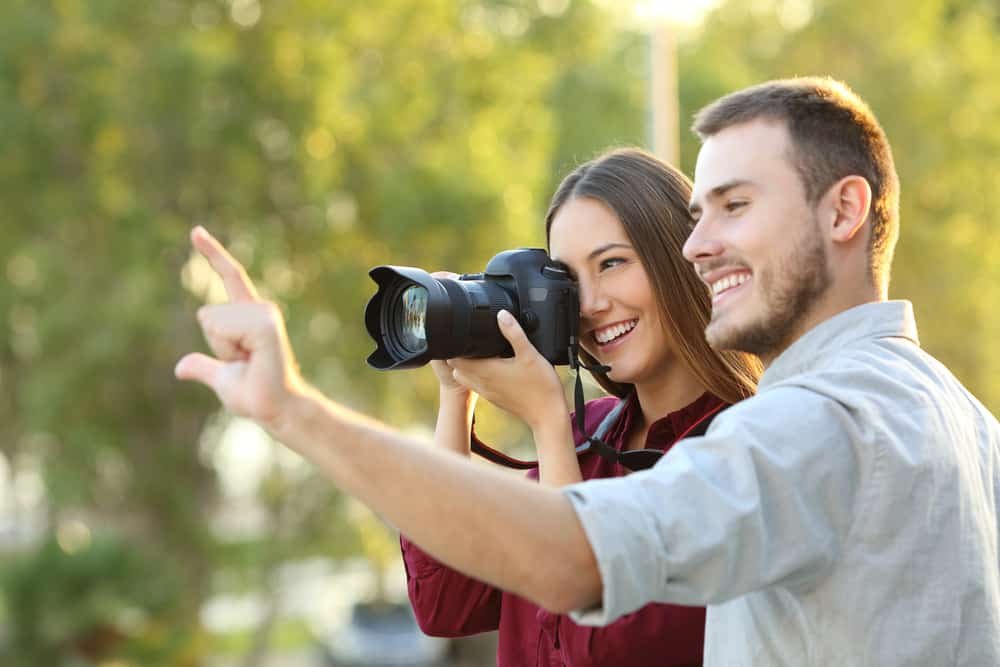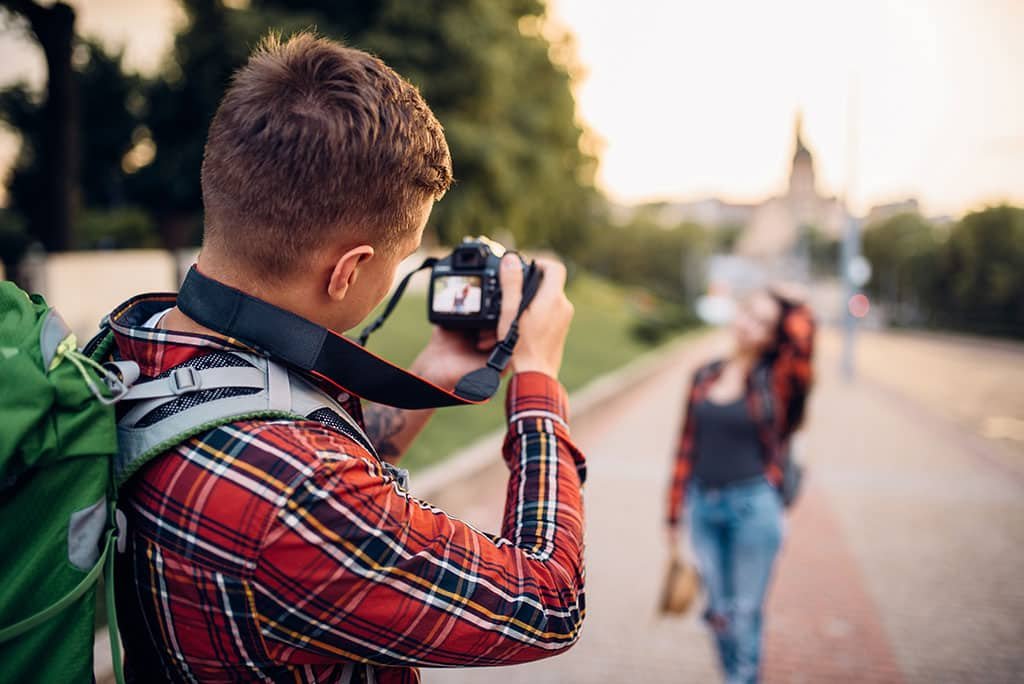Photography is an art, and like any art, it takes practice and dedication to master. Whether you’re a beginner or have some experience, improving your digital camera skills can make a world of difference in the quality of your photos. In this guide, we’ll explore practical tips to help you take your photography to the next level.
1. Get Familiar with Your Camera
The first step in improving your digital camera skills is to truly understand how your camera works. Each camera comes with a variety of settings and features, so it’s essential to take some time to learn about them.
Learn the Modes
Most digital cameras have several shooting modes, such as auto, manual, and aperture priority. While auto mode is convenient, switching to manual or aperture priority gives you more control over the final image. In manual mode, you can adjust shutter speed, aperture, and ISO, allowing for creative flexibility.
Practice Adjusting Settings
Knowing how to adjust these settings is key to capturing the perfect shot in different lighting conditions. Practice changing the aperture to control depth of field or adjusting the shutter speed to capture fast-moving subjects. The more you experiment, the better you’ll understand how these settings impact your photos.

2. Master the Art of Composition
Improving your digital camera skills also involves mastering composition, which is all about how you arrange elements in your photo. Composition can make or break an image.
Use the Rule of Thirds
A simple but effective composition technique is the rule of thirds. Imagine your frame is divided into a 3×3 grid. Position your subject at one of the intersections of these lines to create a more balanced and visually appealing photo.
Focus on Leading Lines
Leading lines are elements in your photo that guide the viewer’s eye toward the subject. These lines can be roads, fences, or even shadows. Incorporating leading lines into your composition can add depth and draw attention to your focal point.
3. Experiment with Lighting
Lighting is one of the most important aspects of photography. Understanding how to work with light will dramatically improve your digital camera skills.
Take Advantage of Natural Light
Natural light is often the best light source for photography. Try shooting during the golden hours—shortly after sunrise or just before sunset—when the light is soft and flattering. Harsh midday sunlight can create unflattering shadows, so if you must shoot during that time, look for shaded areas.
Learn to Use Flash
While natural light is great, knowing how to use your camera’s flash can be a lifesaver in low-light situations. Experiment with your flash settings to avoid harsh, flat lighting. You can also try bouncing the flash off a wall or ceiling for softer, more even light.
4. Focus on Post-Processing
Post-processing is where you can refine your photos and bring out their best qualities. With the right editing tools, you can adjust exposure, contrast, and color to enhance your images.
Choose the Right Software
There are many photo editing programs available, from beginner-friendly options like Adobe Lightroom to more advanced software like Photoshop. Familiarize yourself with the editing tools and learn how to make subtle adjustments that enhance, rather than overpower, your photos.
Don’t Overdo It
When editing, remember that less is more. It’s easy to get carried away with filters and effects, but subtle adjustments will keep your photos looking natural and professional. Focus on enhancing the colors, sharpening details, and adjusting the exposure to achieve a polished result.
5. Practice Makes Perfect
Lastly, improving your digital camera skills takes practice. Make it a habit to take your camera with you and experiment with different subjects and settings. The more you shoot, the more you’ll learn.
Join Photography Communities
Joining a photography community can also boost your skills. These groups provide feedback, inspiration, and support as you grow as a photographer. Whether you connect online or in person, surrounding yourself with other photographers will keep you motivated and help you learn faster.
Conclusion
Improving your digital camera skills is a journey, but with patience and practice, you’ll see noticeable progress. Start by getting familiar with your camera’s settings, mastering composition, and experimenting with lighting. Don’t forget to refine your images with post-processing, and most importantly, practice regularly. As you continue honing your craft, your photos will become more creative, impactful, and enjoyable to capture.










